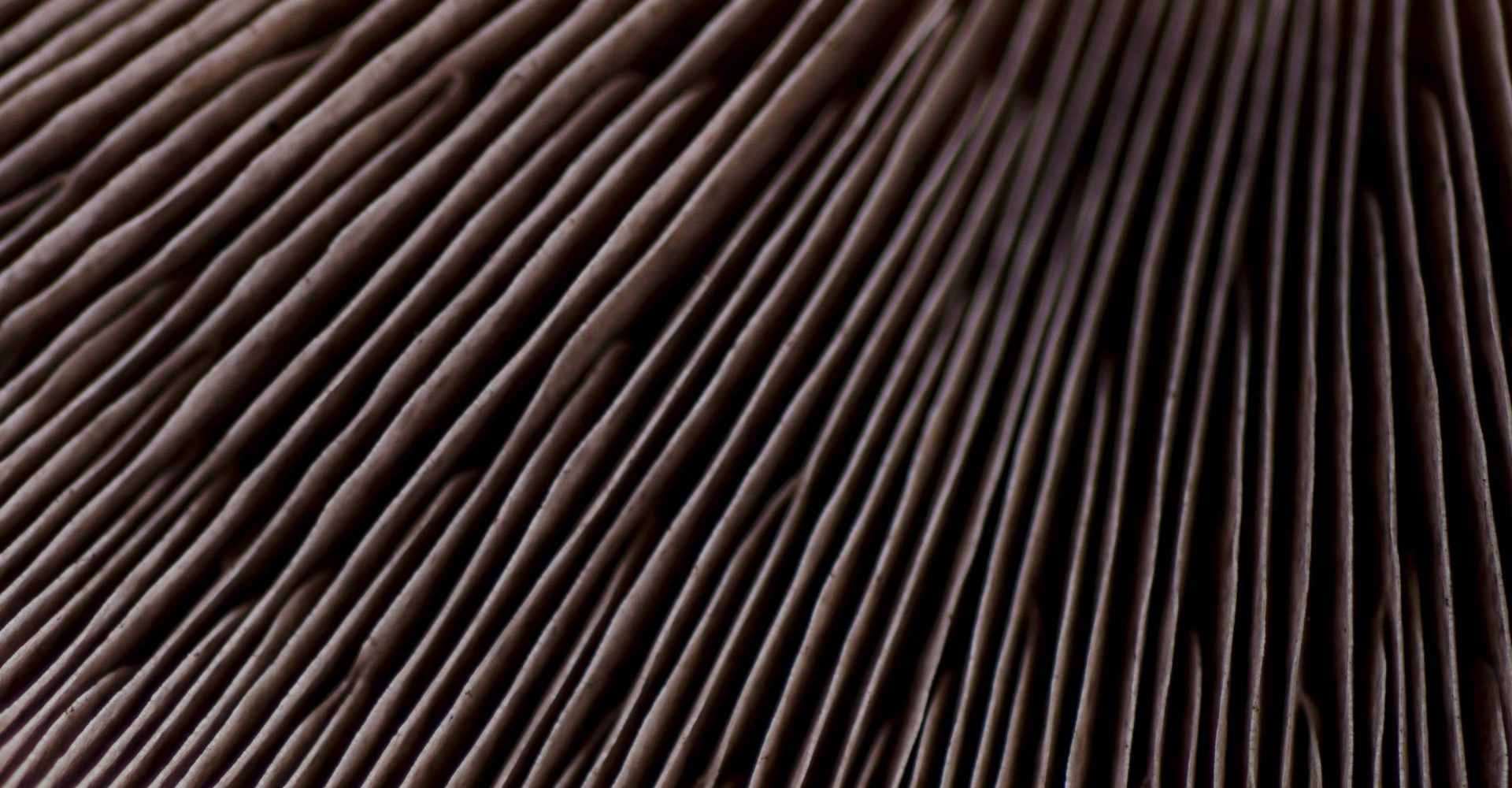Journey into Medical Writing with HRS Senior Medical Writer
3rd January 2025
Written by HRS Communications


Dr Fiona Kinnear (PhD) shares her journey into the world of medical writing. Here she discusses her career path, the skills required, and practical advice for aspiring medical writers.
Can you tell us about your journey into medical writing?
It began with a degree in Nutrition and Sports Science, where I discovered the role of a dietitian. After completing my postgraduate studies in Dietetics, I began my career with Nestlé’s nutrition graduate scheme, gaining experience in medical marketing and as a medical science liaison (MSL).
Alongside my graduate scheme I converted my dietetics postgrad diploma into a master’s degree by completing a research project. It was during this project I realised how much I enjoyed the research side of dietetics. This led me to pursue a PhD in translational health sciences at the University of Bristol.
After my PhD, I moved into medical nutrition roles as a Scientific Affairs Manager and Medical Advisor. Each of these roles allowed me to combine my interest in nutrition, with research. A key component of each of these roles was medical writing. From writing up publications throughout my PhD to creating slide decks, infographics and advertorials in my roles as a medical advisor and scientific affairs manager.
When considering the next move in my career I recognised the medical writing component of these roles was what brought me the greatest job satisfaction. Leading to my current Senior Medical Writer position where I can really dedicate all my time to creating medical communications.
What is medical writing and how would you describe the role of a medical writer?
I would say medical writing is a specialised form of copywriting focused on creating health-related content on various topics.
Some medical writers might have specialist roles e.g. publications or regulatory. Others may work in an agency setting and have a wider variety of projects depending on client goals. Such projects might involve the creation of educational resources for healthcare professionals (HCPs) or consumer-facing assets such as brochures for patients or caregivers.
A medical writer’s role is to convey the educational message, in a way that resonates and is most appropriate for the audience.
What does a typical day at HRS look like for you?
I spend a good amount of my time communicating with account managers, who provide project briefs based on client needs. From these conversations I get stuck into the medical writing which might involve creating assets from scratch or refining drafts based on feedback from clients.
The materials I produce range from HCP resources to patient-facing content, with each requiring a tailored approach. I regularly meet with the account managers to discuss project updates and often connect directly with the clients to ensure the final product meets their expectations.
Each day offers a variety of tasks, my mornings might focus on one type of asset, while afternoons could involve a different project entirely. We also have regular team and account meetings to stay aligned on ongoing projects and upcoming tasks.
How do you ensure credibility while presenting complex information effectively?
There are a huge range of assets medical writers can create that primarily fall into two categories. One would be consumers and patient facing assets which require more simplified language. The second would be HCPs, where the language used might use more scientific and technical.
Examples of content created for consumers or patients include educational leaflets for someone in hospital, social media advertisements, and articles in digital or print magazines. Content for HCPs may include eDetail aids, advertorials, clinical data summaries, research publications, or educational tools designed to support decision-making. Additional content can often include drafting questions for interviews or podcast episodes. Sometimes creating social media posts for companies working with brands, influencers, HCPs, and key opinion leaders.
In terms of credibility, a component of medical writing is to ensure the content and communications produced are scientifically accurate. I think this is the value a medical writer can bring to a business.
I always ensure statements I make adhere to industry regulations and guidelines. This is especially important for regulated products such as prescribed medications, supplements, or food for special medical purposes (FSMPs). Of course, I always make sure that any content is backed by credible and published scientific references.
What types of content or projects have you enjoyed creating the most?
The projects I have enjoyed the most are those where I have followed a process from start to finish, such as product launches or starting new client projects. These give me the opportunity to delve into a field of nutrition I might not have known much about otherwise. I get to be really nerdy and geek out on all the science and then contribute to the development of a full range of assets.
I’ve also always enjoyed writing publications, particularly publications based on research I’ve been involved in. Summarising research findings and seeing them published is particularly rewarding.
What is the biggest challenge you’ve faced throughout your medical writing career?
The biggest challenge I face, and that I continue to work on, is being able to write concisely. Coming from a science background, I naturally want to ensure everything I write is scientifically accurate. But science often comes with nuances, disclaimers, and footnotes, which only increases the word count!
Science is rarely black and white, so it can be difficult to distil complex concepts into shorter statements. This is especially challenging when working with tight word counts or creating marketing materials that require snappy, attention-grabbing phrasing. If you can convey the same message in fewer words, it’s going to be more impactful, so I am always looking for ways to achieve this.
My process starts by putting all my ideas onto the page, ensuring every key point is covered. Then I go through multiple rounds of editing, asking myself how I can cut out unnecessary words while retaining the core message. Comparing the revised version to the original helps me ensure nothing essential has been lost. I always ask colleagues to proofread and offer feedback which is incredibly helpful to sense check and refine the final product.
What influence do you hope your work has on the medical communications industry?
My primary passion and aim has always been to make sure that nutrition information is communicated accurately and responsibly. There is a lot of misinformation out there, and people often don’t know who to trust when it comes to health and nutrition advice. My role is to help companies who are committed to delivering reliable, evidence-based information to do so in a way that is both accurate and impactful.
I enjoy collaborating with businesses that are forward-thinking and willing to prioritise scientific accuracy in their communications. I like to be able to demonstrate to companies that it is possible to run successful, compelling campaigns while staying true to the science.
Finally, what advice would you give to aspiring medical writers?
The best thing you can do as an aspiring writer is to gain as much experience as possible. Look for any opportunity to practice writing, as it will help build your confidence and skills. The more you write, the more you refine your abilities.
Seek out opportunities to contribute to publications such as nutrition magazines, student journals, or online platforms like Complete Nutrition (CN) Magazine, Dietetics Today, or Network Health Digest (NHD). Many are eager for articles and often welcome contributions from aspiring writers.
This is a great way to gain exposure, build a portfolio, and showcase your writing skills. Having published work to present to potential employers can make a big difference when applying for medical writing roles too.
____________________________________________________________________________________
A big thank you to Fiona for sharing her valuable knowledge and experiences with us.
We hope this gives you a clearer understanding of medical writing and how it can support your business goals.
Get in touch below to see how HRS Communications can help bring your Medical Communications visions to life!

